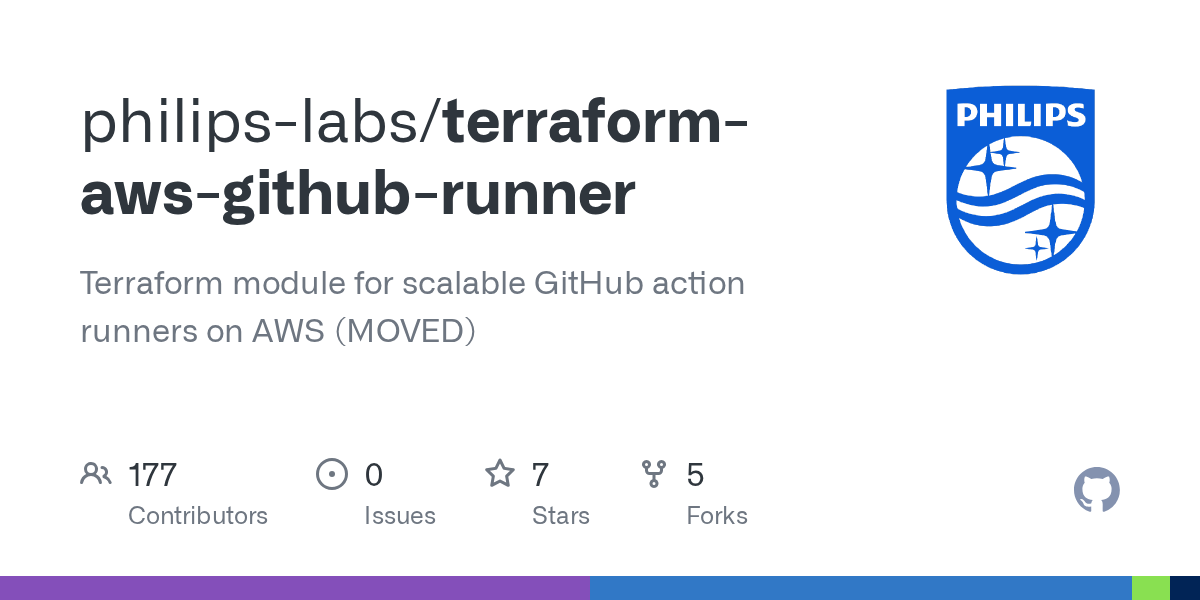The current steam deck isn’t going to be obsolete just because a newer model comes out. I’m happily playing through the new System Shock right now, and there’s a gazillion things in my steam library that I can install and run any time I like.
At some point there will be a faster, better deck, but this one is going to do me for a while. It is, in that sense, like a gaming PC. The lifetime of it isn’t determined by the manufacturer in the same way, because you can choose when it’s worth paying more for a better experience.
Like a gaming PC the first question you need to ask is “what’s my budget”, and the second “what would I like to be able to play”. When you have those answered, you can decide whether the current sale price offers value for money. There is always going to be more power available for a higher price.








Mostly, it’s the must-have Indie darlings, with a sprinkling of AAA fodder.
I’ve loved:
I’ve found that I enjoy playing offbeat adventure games on the deck more than I did sat at a PC. Detention, Norco, Loretta, To The Moon, that sort of thing is perfect for playing in bed, propped against the pillows.
I’m personally a huge fan of project zomboid, though I had to tweak the controls a little to make it work well.
I’m sure Stardew Valley is a perfect match for the deck, but I’ve played it too much already.